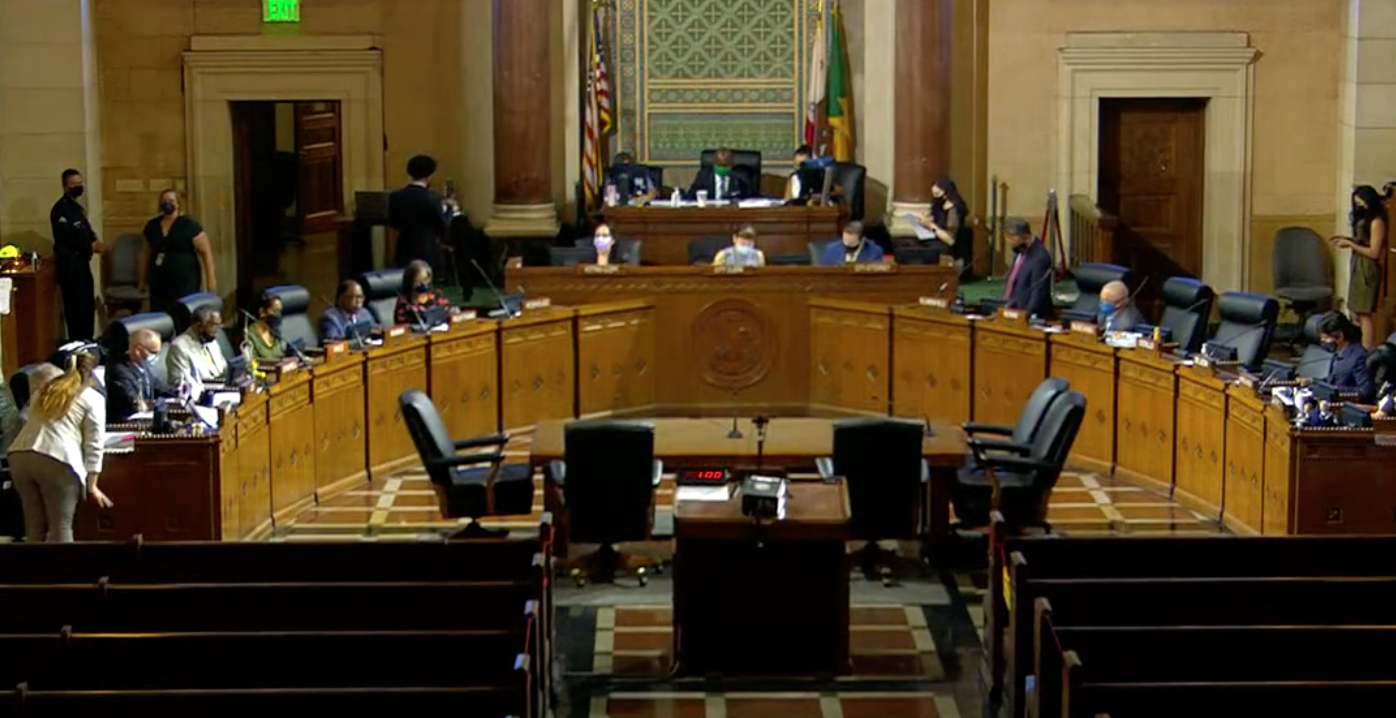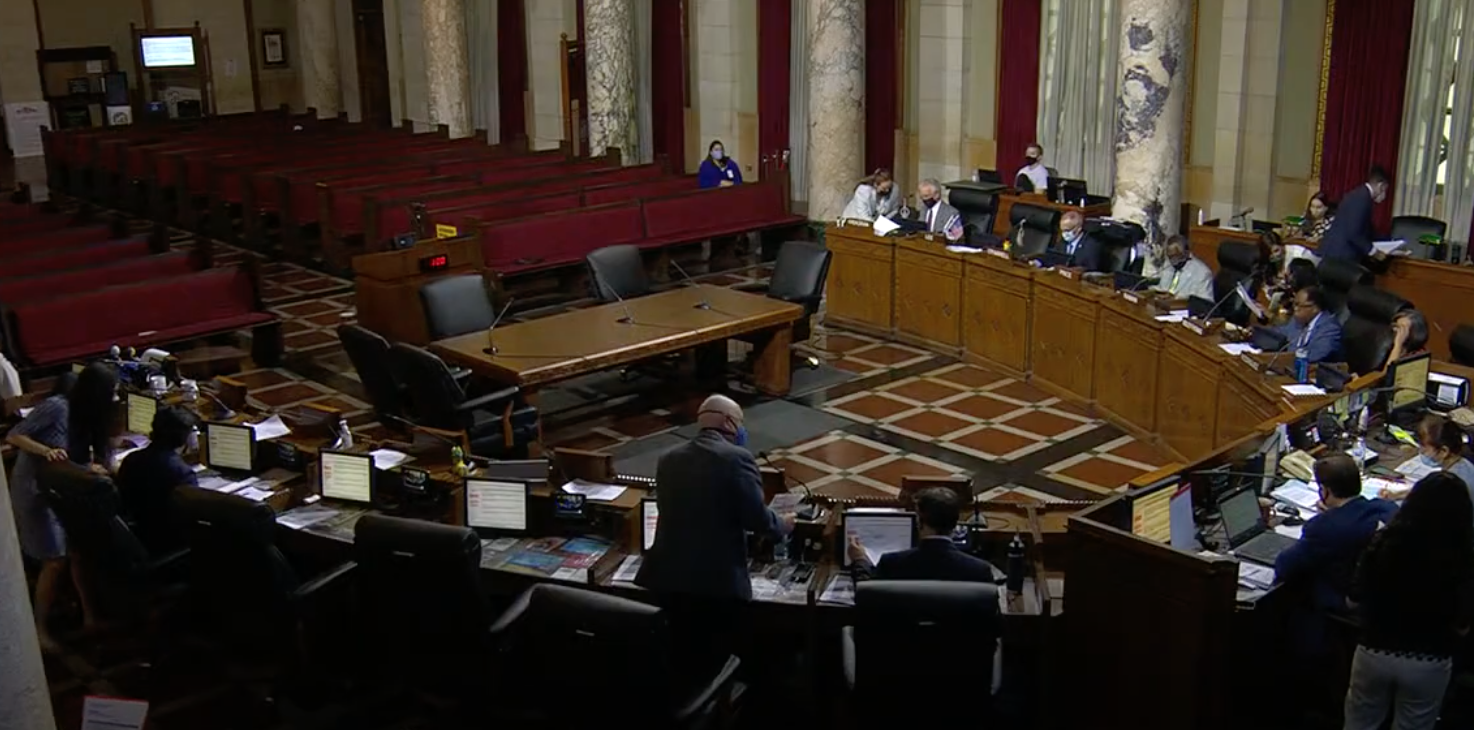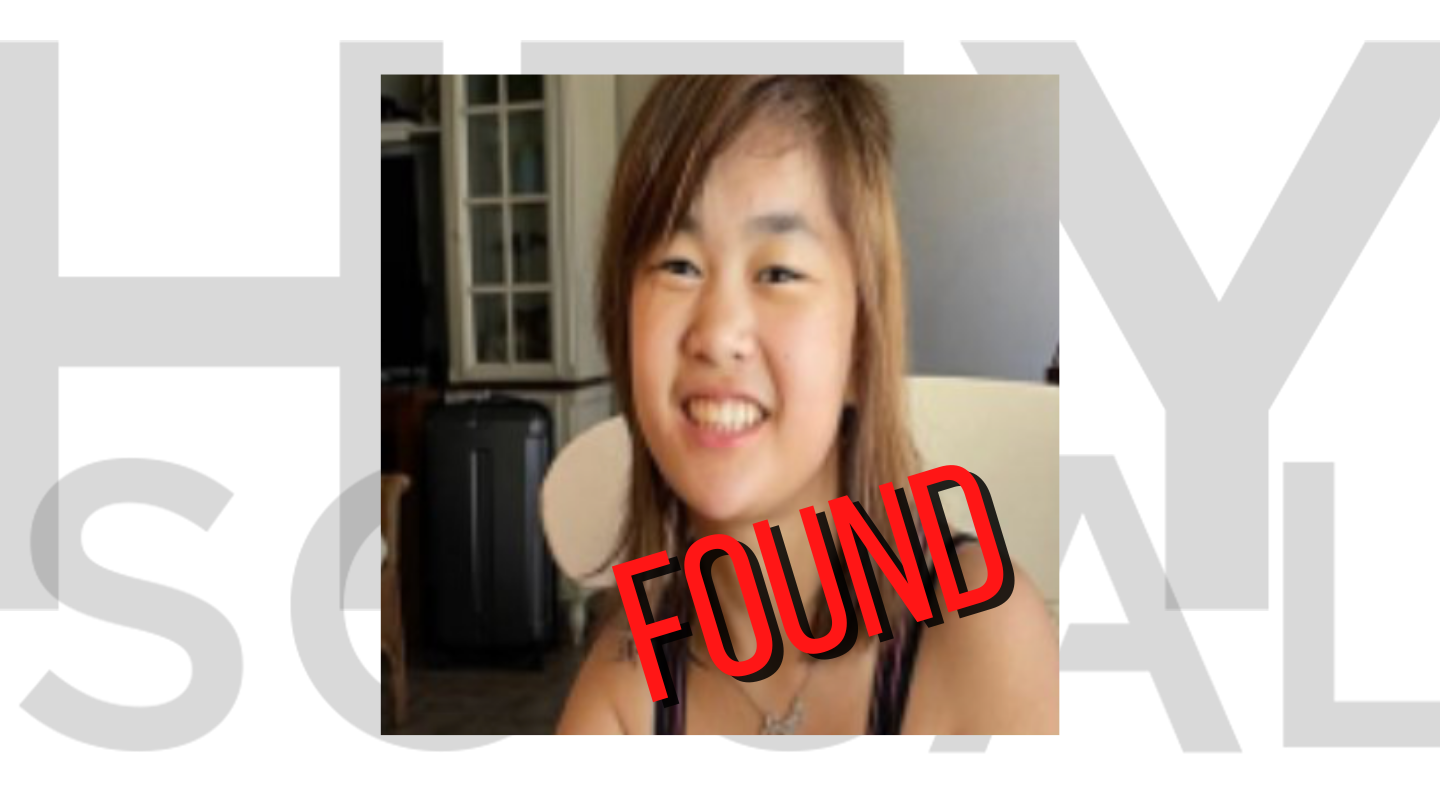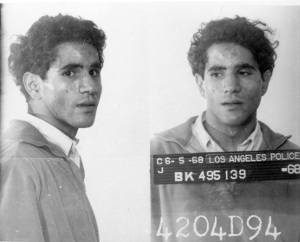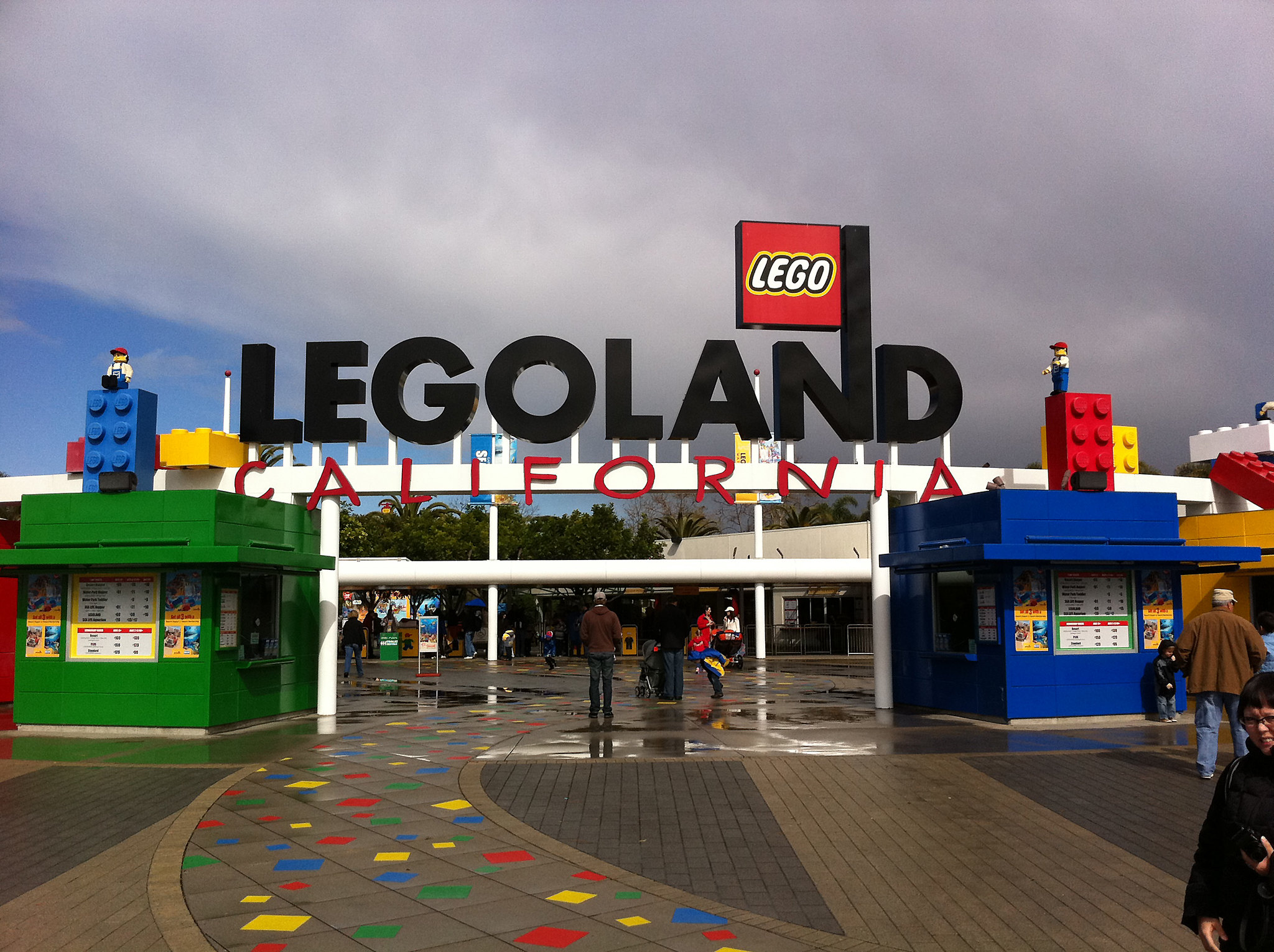The Los Angeles City Council Wednesday voted to support a California Assembly bill that would establish a single-payer health care system to cover all residents of the state.
“As many of us are eager for Medicare For All to be approved nationally, this is an opportunity for California to lead the way on healthcare as it has led the way on combating climate change, as it has led the way on creating a higher minimum wage here in California,” Councilman Mike Bonin, who introduced the resolution, said.
The resolution, if signed by Mayor Eric Garcetti, would officially state the city’s support for Assembly Bill 1400, which was introduced on Feb. 19 by Assemblyman Ash Kalra, D-San Jose; Alex Lee, D-San Jose; and Assemblyman Miguel Santiago, D-Los Angeles.
The bill would establish a single-payer health care system in the state called the California Guaranteed Health Care for All program, or CalCare, which would cover all Californians.
“This bill, if approved, would protect people in California by expanding coverage to nearly 3 million uninsured Californians and provide benefits such as dental care, prescription drug coverage and longterm care. It would end all out-of-pocket patient costs, including premiums, co-pays and deductibles, and it would ban healthcare providers participating in CalCare from operating in the private marketplace. It’s a great way to take greed and the predominance of the profit margin out of the healthcare equation and make sure we put the health and wellbeing of Californians first.”
Gov. Gavin Newsom promised Californians a single-payer health care system in the state during his run for governor in 2018. The creation of a single-payer health care system was also a proposition in 1994 but was defeated with 73% of the vote. In recent years, the idea has gained supporters in the Democratic party who wish to join other developed countries — like Canada, Denmark, Norway, Australia, Sweden and Taiwan — with single-payer systems.
Opponents of single-payer health care systems argue that people will have to wait longer for health care and the system could lead to rationing. A lobbyist group made up of private health insurance companies, hospitals and pharmaceutical corporations, the Partnership for America’s Health Care Futures, works to prevent legislation that expands Medicare or leads to single-payer health care system and claims it would lower the quality of care while raising Americans’ taxes.
Healthcare-NOW, which advocates for a single-payer health care system in the U.S., argues that 95% of the U.S. population would save money, while 5% would pay more, citing a 2013 paper by University of Massachusetts at Amherst economist Gerald Friedman. The paper also says the system would reduce U.S. healthcare costs by 24%, and about $829 billion in the first year by negotiating the cost of prescription drugs and reducing administrative waste.
Bonin’s resolution also argued that the CalCare system “would save millions in taxpayer dollars now spent on premiums and administrative bureaucracy that provide often inadequate coverage for government employees and would ease the burden on municipal resources for handling the emergency needs of uninsured residents.”
The resolution noted that 2.7 million Californians are uninsured and 12 million, which is a third of the population, are “underinsured” and cannot afford their insurance co-pays or deductibles. About 5.2 million lack dental insurance.
Councilman Bob Blumenfield, speaking in support of the resolution before the vote Wednesday, noted that a lack of health care for people is connected to other problems in California, like homelessness.
“One of the drivers of homelessness is people get that extra expense form healthcare and then they’re out on the street. There are so many things, social issues and justice issues — that are inextricably linked with healthcare and single-payer would help move us,” Blumenfield said.
Councilman Kevin de Leon said it was an “embarrassment” that California, which has the fifth largest economy in the world, doesn’t have “health care for all but health care only for those who can afford it.”
“No matter if you live in Pacific Palisades or Pacoima, Boyle Heights or Brentwood, Westwood or West Adams, your health care determines your health outcomes, and quite frankly your life expectancy,” de Leon said. He added that victims of the COVID-19 pandemic often have underlying conditions created by a lack of preventative care.
“We have lost hundreds of thousands of people across our nation, many of whom fall in the category of uninsured or underinsured. So, let’s change that reality.”

